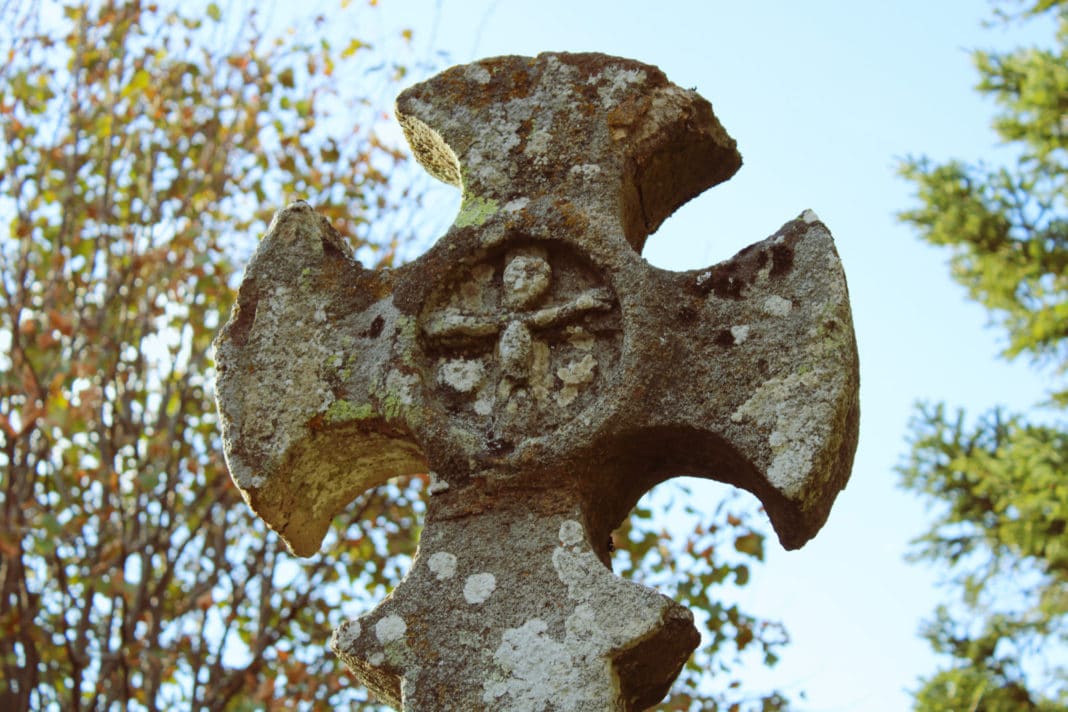“There is no question the mainline church is dead,” he said. “The only question now is whether Evangelicalism is the seven demons that come into the corpse.” This was the response I got after a long period of silence to a question I had posed to my teacher, George Lindbeck, in a course on “Comparative Ecclesiology” in the fall semester, 1992, at Yale University Divinity School.
I did not like it. I considered myself an evangelical (and still do). Nor was I ready to forsake my mainstream ecclesial inheritance. Yet even then I suspected that one reason I did not like my teacher’s verdict was because there was more truth in it than I was prepared to admit.
The ecclesial landscape has changed dramatically over the last quarter century. While mainline denominations have continued their statistical death-spiral, evangelical denominations have also experienced decline. Growth comes in different forms, of course. But few American Protestant denominations, least of all in the Presbyterian family, if they are honest, have had any real growth.
Yet more disturbing than their fragmentation and numerical decline is how light, superficial, and thin the preaching, teaching, and worship often is in so many evangelical and mainline Protestant churches today, and how deeply enculturated and ideologically captive so many have become. Was Professor Lindbeck right?
Disillusioned for various reasons, many have abandoned their Protestant heritage or hold it loosely, today. Some evangelicals have tried out Eastern Orthodoxy, Roman or Anglo-Catholicism. Others have joined George Barna’s “Revolution” and ‘do church’ at home. Some think the Reformation is over or was simply a mistake. Not everyone is convinced it was a mistake, however. Nor are they ready to abandon their Protestant identity. Many I know long for a richer, thicker, more deeply rooted understanding of the Christian life than mainline or evangelical churches have often afforded them. Many more suspect there is more to being Protestant than they were told, i.e., there is probably more at stake here than mere matters of taste or opinion, preferences or “likes.”
Hoping to bring it closer to home in this last edition of the Reformation’s 500th anniversary year, Theology Matters invited ten pastors on the front lines of parish ministry from the PCUSA, ECO, and EPC to respond to the question, “Does the Reformation still matter?”
“As a working pastor in congregational ministry,” I asked, “is there any insight you have learned from the teachings of the Reformation that might be of help to our readers who are primarily pastors, ruling elders, seminary students, Sunday School teachers, Bible study leaders, and other Christian leaders?” Please read the following essays, therefore, as dispatches from the front.
Whether Professor Lindbeck was right, John Calvin said that the history of the church is a history of a thousand resurrections. What not only looks dead, but is dead, can be raised, and demons can be exorcised when they are called by name. So let it begin and let us sow in hope, knowing that the Lord of the harvest is still in charge.
And if, as Bonhoeffer said, “God has granted American Christianity no Reformation. He has given it strong revivalist preachers, … but no Reformation of the church of Jesus Christ by the Word of God,” then perhaps it is not that the Reformation has been tried in America and failed. Perhaps it has not yet been tried or sufficiently understood. So please join us as we seek to understand more clearly and drink more deeply from the well.
